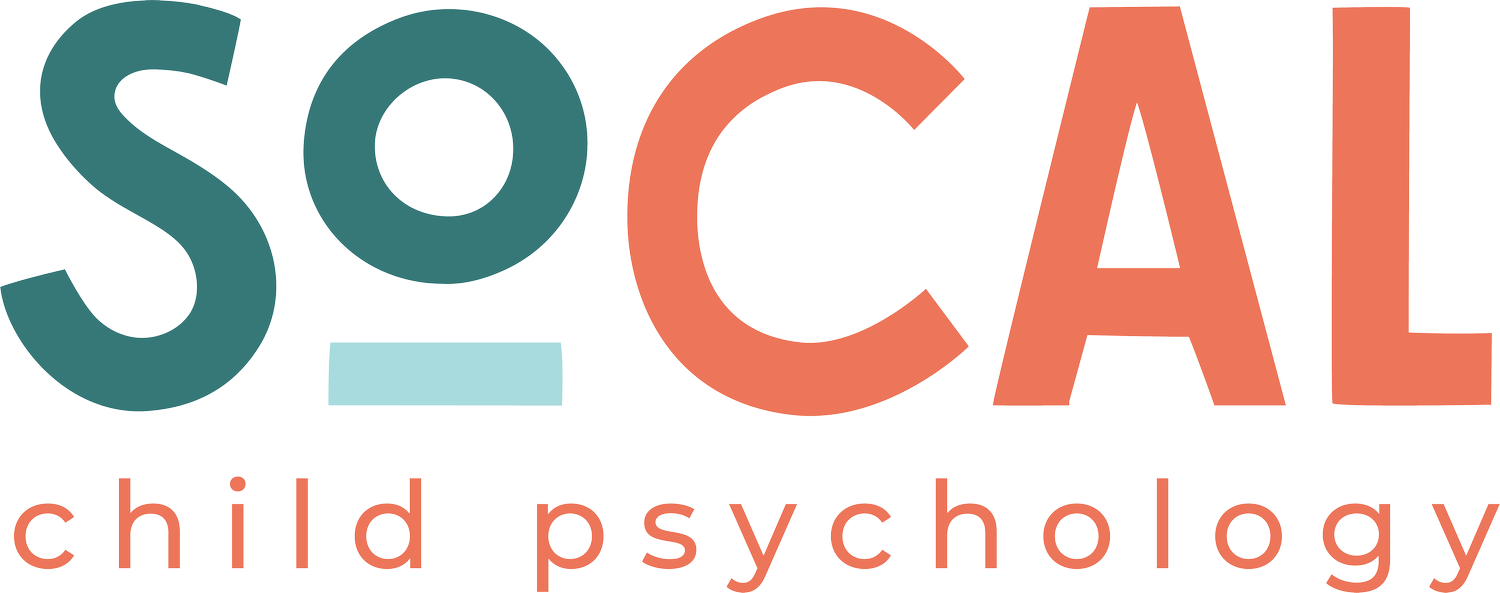What Causes ADHD?
Most people associate ADHD with being a children’s disorder. While it still impacts adults, and some people aren’t diagnosed later in life, many cases of ADHD are officially diagnosed early on.
But, as a parent or caregiver, you might wonder what causes ADHD. Maybe your child was recently diagnosed. Or, maybe you’ve noticed some signs and symptoms, and you’re wondering what the cause could be.
The truth is, it’s not entirely clear what causes ADHD in children. But, it’s important to note that doesn’t mean something is “wrong” with your child. It’s simply a difference in how the brain works.
With that in mind, however, let’s cover some of the possible causes of ADHD so you can develop a better understanding of what your child is dealing with and why.
Genetics Play a Role
The majority of children diagnosed with ADHD have inherited the disorder. That doesn’t necessarily mean you or your partner has to have it. But, chances are, at least one close relative does.
Keep in mind that some people don’t get diagnosed with ADHD as kids. You might have it, but you have never received an official diagnosis. Make yourself aware of some of the symptoms that show up in adults. If you have difficulty focusing, tend to have impulsive behavior, and get bored easily, you might have ADHD even if no one ever told you. Getting a diagnosis can help you better understand what your child is going through.
Premature Birth
Some children develop ADHD if they are born early. This is linked to brain development and how brain cells grow in the late stages of pregnancy. Between 34 and 40 weeks, there’s quite a bit of growth in specific brain cells. Children born before 34 weeks might not have yet experienced that growth. While it shouldn’t impact their ability to learn and problem-solve, it can contribute to ADHD symptoms like hyperactivity.
What Doesn’t Cause ADHD?
There are plenty of myths and stereotypes surrounding the causes of ADHD, so it’s important to make yourself fully aware of what you shouldn’t be afraid of. Giving your child too much sugar, for example, isn’t going to cause ADHD. Too much screen time isn’t the cause, either. While there might be drawbacks to both of those things, they aren’t going to change the way your child’s brain works.
Even the way you parent your child won’t cause ADHD. Again, it could affect their attachment styles and behavior, but these external factors aren’t linked to this disorder.
Treating ADHD
The best thing you can do for your child is to get an official diagnosis. Pay attention to common signs and symptoms of ADHD, including:
Trouble focusing
Easily distracted
Interrupts conversations
Acts before thinking
Fidgeting
If your child regularly exhibits several of these signs, working with their doctor to get a diagnosis is the first step toward helping them lead a normal, healthy, and happy life.
No matter the cause, several treatment options for ADHD can make symptoms more manageable well into adulthood.
Many kids take medication for their ADHD symptoms. These medications work by helping the brain to slow down so it’s easier to focus and pay attention for longer stretches of time.
Therapy is often suggested as an effective treatment option, with or without medication. Behavioral therapists can help a child with ADHD learn how to manage their symptoms on a daily basis. They’ll learn social and emotional skills, understand how to be more organized, and focus on their strengths.
Understanding the causes of ADHD can give you a better idea of what your child is dealing with and why. But, no matter the cause, make sure you don’t hesitate to reach out and get them the help they need. There’s no reason why they can’t be successful in life, and it starts with learning how to manage their symptoms with your support.


